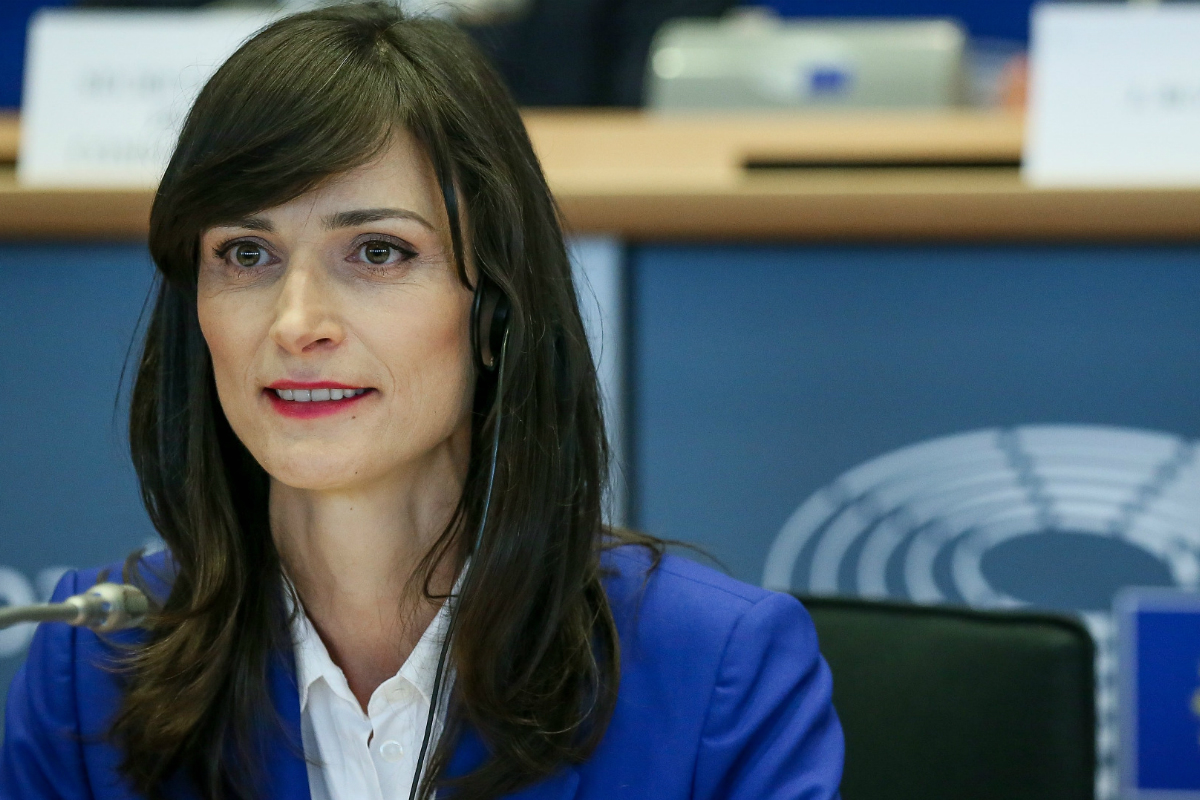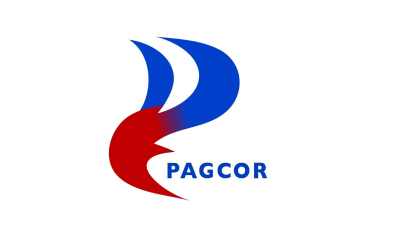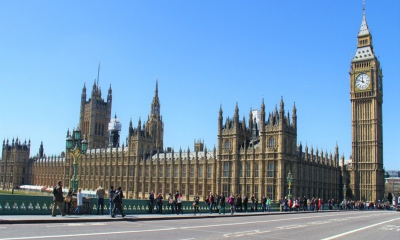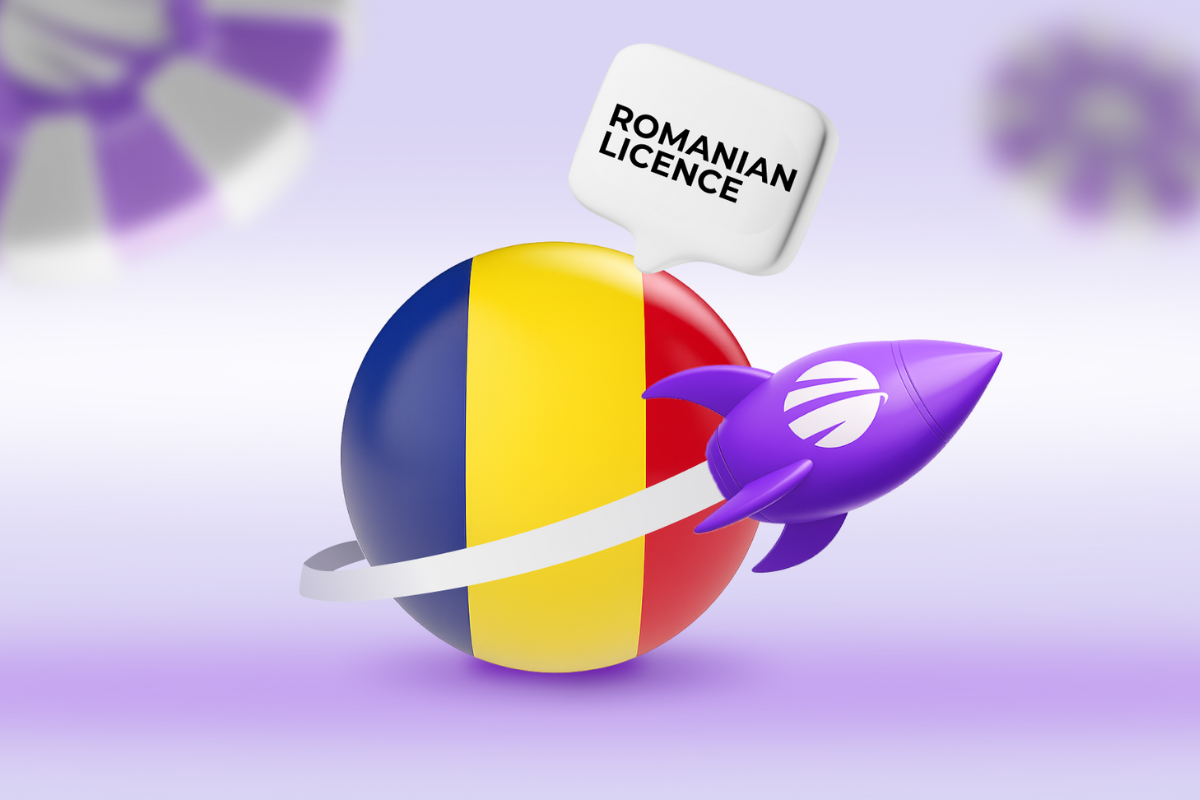European Commission Press Releases
Digital Single Market: EU negotiators reach a political agreement on free flow of non-personal data

Brussels, 19 June 2018 – Digital Single Market: EU negotiators reach a political agreement on free flow of non-personal data
The European Parliament, Council and the European Commission tonight reached a political agreement on new rules that will allow data to be stored and processed everywhere in the EU without unjustified restrictions. The new rules will also support the creation of a competitive data economy within the Digital Single Market.
Vice-President for the Digital Single Market Andrus Ansip said:”Data localisation restrictions are signs of protectionism for which there is no place in a single market. After free movement of people, goods, services and capital, we have made the next step with this agreement for a free flow of non-personal data to drive technological innovations and new business models and create a European data space for all types of data.“
Commissioner for Digital Economy and Society Mariya Gabriel said: “Data is the backbone of today’s digital economy and this proposal will help to build a common European data space. The European data economy can become a powerful driver for growth, create new jobs and open up new business models and innovation opportunities. With this agreement we are one step closer to completing the Digital Single Market by the end of 2018.”
The new rules will remove barriers hindering the free flow of data, and boost Europe’s economy by generating an estimated growth of up to 4% GDP by 2020.
The new free flow of non-personal data rules will:
- Ensure the free flow of data across borders: The new rules set a framework for data storing and processing across the EU, prohibiting data localisation restrictions. Member States will have to communicate to the Commission any remaining or planned data localisation restrictions to the Commission in limited specific situations of public sector data processing. The Regulation on free flow of non-personal data has no impact on the application of the General Data Protection Regulation (GDPR), as it does not cover personal data. However, the two Regulations will function together to enable the free flow of any data – personal and non-personal – thus creating a single European space for data. In the case of a mixed dataset, the GDPR provision guaranteeing free flow of personal data will apply to the personal data part of the set, and the free flow of non-personal data principle will apply to the non-personal part.
- Ensure data availability for regulatory control: Public authorities will be able to access data for scrutiny and supervisory control wherever it is stored or processed in the EU. Member States may sanction users that do not provide access to data stored in another Member State.
- Encourage creation of codes of conduct for cloud services to facilitate switching between cloud service providers under clear deadlines. This will make the market for cloud services more flexible and the data services in the EU more affordable.
The agreed measures are in line with existing rules for the free movement and portability of personal data in the EU.
Background
The Commission presented a framework for the free flow of non-personal data in September 2017 as a part of President Jean-Claude Juncker‘s State of the Union address to unlock the full potential of the European Data Economy. It was announced as one of the key actions in the mid-term review of the Digital Single Market strategy.
-

 Africa7 days ago
Africa7 days agoGhana’s NLA Introduces New Sticker to Clamp Down on Illegal Lotto Operators
-

 Asia6 days ago
Asia6 days agoPAGCOR: Online Gaming fuels nation-building, but illegal sites pose risks
-

 Africa7 days ago
Africa7 days agoRise & Hustle partners with Altenar to power its new sportsbook offering
-

 Central Europe7 days ago
Central Europe7 days agoCT Interactive Announces Strategic Partnership with Ecasino
-

 Eastern Europe6 days ago
Eastern Europe6 days agoDigitain Strengthens Romanian Market Presence Through KingCasino Partnership
-

 Latest News7 days ago
Latest News7 days agoCasino Playa de las Américas Implements JCM’s ICB Technology
-

 Compliance Updates7 days ago
Compliance Updates7 days agoElizabeth Varley, solicitor at licensing law firm Poppleston Allen, shares a handy refresher on the UK’s statutory levy, including the who, how much, why and how to pay
-

 Conference7 days ago
Conference7 days agoBetConstruct to Participate in SBC Summit Lisbon 2025

















